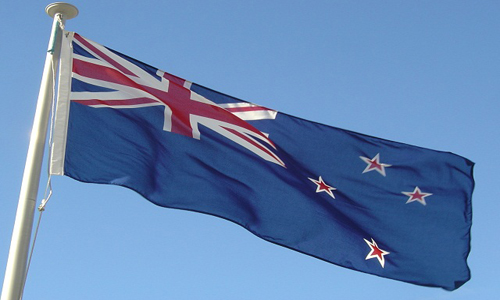The New Zealand health system is the envy of many westernised countries, surprisingly including the USA who actually ranks quite poorly in the recently published Health System Statistics 2013 and is noted there are many areas needing improvement. Factors taken into account in the report to measure the performance of the worlds health systems are; quality, efficiency, access to care, equity and the ability to lead long, healthy, productive lives. The first ever analysis of the world's health systems began globally in the year 2000 and the aim was for this to be continued to be done annually but the resources, funding and stress on medical professionals made this infeasible to be repeated on such a wide scale and the goal is that health systems will be reviewed every decade but subjected to much more scrutiny to keep the figures of efficient care on the up. However, in New Zealand there are Health Targets, set by the government, and these are renewed annually.
These are set to provide a focus for action. Health targets are a set of national performance measures specifically designed to improve the performance of health services that reflect significant public and government priorities.The impact they make can be measured to see how they are improving health for all New Zealanders. Three of the six health targets focus on patient access, and three focus on prevention.
The annually reviewed Health Targets are there to ensure New Zealand's health priorities are in order, the things put down as a target have been well resourced by the Health Minister and are the things which factor in making a world winning health system.
This year (2013) targets and achievements can be revealed to be -
Shorter stays in emergency departments - 95 percent of patients will be admitted, discharged, or transferred from an emergency department within six hours.
Improved access to elective surgery - The volume of elective surgery will be increased by at least 4000 discharges per year.
Shorter waits for cancer treatment - All patients, ready-for-treatment, wait less than four weeks for radiotherapy or chemotherapy.
Increased immunisation - 90 percent of eight months olds will have their primary course of immunisation (six weeks, three months and five months immunisation events) on time by July 2014 and 95 percent by December 2014.
Better help for smokers to quit - 95 percent of hospitalised patients who smoke and are seen by a health practitioner in public hospitals and 90 percent of enrolled patients who smoke and are seen by a health practitioner in general practice are offered brief advice and support to quit smoking.
More heart and diabetes checks - 90 percent of the eligible population will have had their cardiovascular risk assessed in the last five years.

